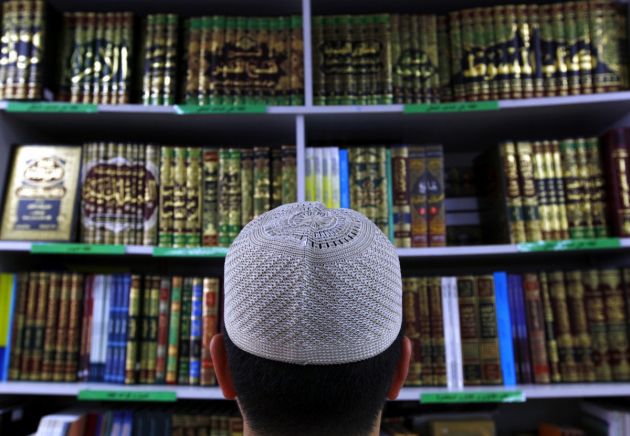Muslim leaders concerned about worsening Australian sectarian tensions

Muslim community leaders say that tensions are soaring between Sunni and Shia Muslims in Australia.
The leaders are looking at radicalized Sunni youth inspired by the Islamic State to have been starting the attacks.
In Sydney, a 47-year old Shia leader was shot in the shoulder as worshipers observed the Shia ritual of Ashura, The Australian newspaper reported.
Rasoul Al-Musawi, father of five, was standing outside the prayer hall when he was struck in the face and shoulder with pellets.
Australian Prime Minister Tony Abbott told reporters that the shooting seems to have an "ISIL death cult influence" and everyone should reject this "death cult."
In another incident, a group of men had driven past the Islamic center, shouting "ISIS lives forever" and "ISIS is coming" in Arabic.
"There's high tension between Sunni and Shia, but these extremists, they threaten and attack Sunnis too," Jamal Daoud, a Shia community leader in Sydney told CNN.
"Anyone who speaks against the fighting in Syria and advocating the government to take action against people in Iraq and Syria - they are threatened and attacked."
Jamal Rifi, a Sunni community leader said that the tensions are brought about by the brutal Syrian conflict and Islamic State's appeal to radicalize the Sunni youth in Australia.
"This is the highest level I've ever seen, and it's been like this since Khaled Sharrouf got his son to hold up that severed head," he said.
Rifi was referring to the Australian ISIS jihadist who tweeted a picture of his seven-year-old son posing with the body parts of a dead fighter.
He also said this is the first time that the Muslim community has experienced such tension.
During the September 11, 2001 attacks and other incidents involving Muslims, the community had united under a common identity.
But the leader remains optimistic saying that, "the forces that pull us apart are increasing in strength, but they are nowhere as strong as the forces that pull us together."
Daoud did not believe things would improve soon. "It is a very tough time, and we expect it to become more tough," he said.
A Muslim community leader Keysar Trad meanwhile warned against linking the shooting to the Islamic State.
"It would be very dangerous for us to jump to those conclusions; let's let the police conduct their investigation without being hindered by this type of speculation," said Trad.